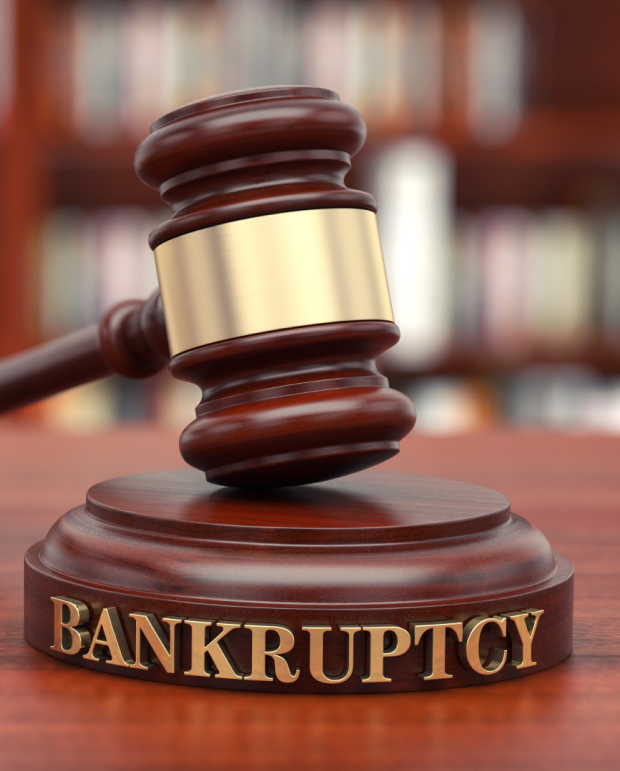A Better Tomorrow
Starting Today
Stop Worrying About your Debt.
Call us Now to Take the First Step.
3-Year vs. 5-Year Payment Plan – Which Should I choose in Chapter 13 Bankruptcy
Unlike Chapter 7 Bankruptcy, which liquidates most of a debtor’s assets in a relatively short period of time, Chapter 13 Bankruptcy allows a debtor to keep many of their assets if they are able to make payments on their debt over a period of time. This is called the Chapter 13 Payment Plan, and there are two primary types of plans – a 3-year plan and a 5-year plan.
The payment plan is one of the most central aspects of a Chapter 13 Bankruptcy. The plan determines how much the creditors are paid, how long the debtor is in bankruptcy, and how much income the debtor is allowed to keep for living expenses during the bankruptcy. An experienced San Francisco Bankruptcy Attorney will be able to help you figure out a payment plan that works for you and is one that the bankruptcy court will accept.
3-Year Payment Plan
Most persons who file for Chapter 13 Bankruptcy want for their bankruptcy to be over as soon as possible so that they can move on with a fresh start. This makes a 3-year payment plan a popular option; however, in order to qualify for the 3-year plan, the debtor must fall below a certain annual income threshold. That threshold is the median income for the state in which the debtor resides. In California, this can range from about $48,000 for a single-person household to $75,000 or above for households of four or more.
5-Year Payment Plan
For those whose income falls above the state median and do not qualify for the 3-year payment plan, they will need to opt for a 5-year payment plan instead. The 5-year plan functions like the 3-year plan, except that it lasts longer and thus allows the debtor to pay back more of their debts.
Why Might I want a 5-Year Payment Plan Even if I Qualify for a 3-Year?
Even if they qualify for a 3-year plan, some debtors prefer to use the 5-year payment plan instead. This is generally because the 5-year plan allows a debtor to pay back more of their priority and secured debts, such as their mortgage.
Although Chapter 13 Bankruptcy frees a debtor from most of their unsecured debts, other debts, such as a mortgage, will stay with the debtor even after the bankruptcy. During the bankruptcy, the automatic stay will protect the house from being foreclosed on. Because of this, bankruptcy offers the debtor a chance to catch up on their mortgage without having to worry about foreclosure or repossession. Because the goal of keeping their house is one of the most common reasons debtors file for Chapter 13 Bankruptcy, opting for the 5-year plan in order to catch up on a mortgage makes sense. Other reasons for opting for a 5-year payment plan include debtors wanting to pay back the administrative expenses for their bankruptcy or to catch up on a car loan.
Another reason why a debtor may want to opt for a 5-year plan is if, under a 3-year plan, they do not satisfy the “best interests of the creditors” test. When a debtor files for Chapter 13 Bankruptcy and proposes a Chapter 13 Bankruptcy Payment Plan, the bankruptcy court will look at the plan to determine if it is in the best interest of the creditors. If the creditors would have been paid more by liquidating the debtor’s assets in a Chapter 7 Bankruptcy, the court may not have approved the plan. Lengthening the plan will increase the amount that the creditors are paid and may be just enough for a debtor to satisfy the “best interests of the creditors” when they otherwise would not have under a 3-year plan.
The Law Offices of Melanie Tavare is a debt relief agency. We help people file for bankruptcy relief under the Bankruptcy Code

"Melanie is the best she very responsive and helpful throughout the process everything was taken care of smoothly. If you are thinking of going through bankruptcy she is the best attorney for you. I will forever be grateful having the chance to work with her. She is very honest too."
Sandhya.
"I can't thank Melanie enough for helping me through a challenging process and doing so with incredible knowledge, professionalism and tenacity! She went to great lengths to keep me informed, she responded quickly to my questions, and communicated in terms that I could understand. I highly recommend getting in touch with Melanie should you have the need."
Carrie.
"Choosing to work with Atty. Melanie has been one of the best decisions I've ever made. She was a very patient professional to work with and attentive while providing valuable solutions to all of my concerns. If you are searching for of an Attorney who is knowledgeable, transparent, and diligent - well that's Atty. Melanie."
Marwin.
"What I liked about working with Melanie was how prompt and easy to work with she was. She made the process clear and understandable with as little stress as possible. I would work with her again and recommend her to others."
